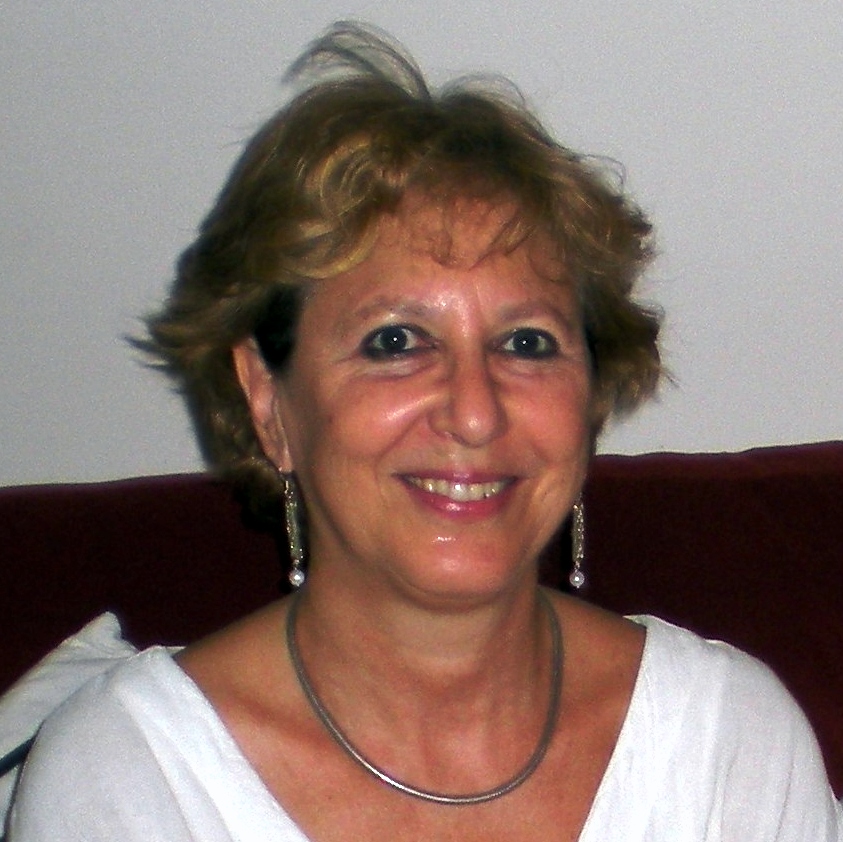
Valerie Lipman
Dr Valerie Lipman is a social gerontologist and independent researcher. She reports here on support services for older people in Sarasota, Florida and particularly on the growing trend there toward ‘board-and-care’ arrangements in private homes. Could we see more of this in the UK?
I’m in the old age capital of the world. Sarasota on the Gulf Coast of Florida, USA boasts a total population of 386,147 of whom 32.5% are over the age of 65 years. And a third of that grouping is over 85 years. In the UK, the equivalent would be a town such as Christchurch in Dorset where 30% of residents are aged 65 and over. The national figure for the 65+ population in the USA is about 13%, and just under 18% for the State of Florida as a whole. This makes Florida fairly similar to the UK where the equivalent figure is just under 17%.
Older people come to Florida from across North America, and some from Europe to live here*. The sun shines most days, though it’s been a bit like England lately—teeming, non-stop rain and colourless skies. But freak days aside, it’s mostly a pleasure to wake up to.
With such a large older population the scope for delivering and trying out new support services feels almost endless. The general aim is to encourage ‘ageing in place’ and there are scores of home agencies, as well as ‘homemaker companion’ services, providing friendship and support. The former are registered services, the latter are not.
But just the same, many want or need the certainty and security of residential care. From continuing care retirement communities (CCRCs) to nursing homes there are innumerable private registered bodies in the Sarasota area offering services to older people. CCRCs offer a full range of housing choices and services on one campus—from independent living to assisted living to skilled nursing in an attached facility. The skilled nursing option costs $4,000-$8,000 per month in addition to entrant fees ranging from $150,000-$600,000. Assisted living facilities (support centres are called ‘facilities’ here) and memory (dementia) facilities/homes average around $3,000-$4,000 per month. There are also State-run services. Classically these are nursing homes, for which you have to demonstrate income below a certain level to qualify for what’s known as the Medicaid waiver.
But what do you do if you find yourself caught in the old eligibility trap of being too rich for Medicaid and too poor for the private homes? You could take a risk at one of a growing number of ‘private care homes’—also known as board-and-care homes. They are not the private homes of the UK that can serve any number of older people. Homeowners offer long-term personal and less regimented residence in a family friendly environment for one or two elders as a home business. These homes are not, however, regulated by the state. They don’t have to meet any of the rigorous requirements that apply to group homes and assisted-living facilities (see Barbara Peters Smith, ‘Private-home care could become more common for elders’, Sarasota Herald Tribune, 23 January 2014).
They do, however, fill a huge need when it comes to cost. People will tend to hand over their pension to the homeowner to take care of them. No one knows how many of these homes exist. Most operate by word-of-mouth referrals and are private-pay only, but they are on the increase in an area where there is pressure on affordable places for the growing 80+ population. And like any other home the residents are dependent on the good will, attitude and behaviours of the owner/manager. Without family or friends to check out what’s going on, the scope for abuse is endless—at every possible level.
Yet, with some regulation and light-touch inspection, could this be added to the options of support for older people in the UK? It may be that Shared Lives is our take on this—an adaptation of what used to be called adult placement or adult fostering, but with the critical difference that Shared Lives arrangements are registered and regulated.
Sarasota is dealing with the complexities of an ageing population that we will have to meet in the UK in time. How to provide sufficient and varied enough facilities capable of offering security, safety and care in a homely environment that are not strangled at birth by hide-bound bureaucracy or slip into becoming exploitative ‘senior farms’? Watch this space!
Dr Valerie Lipman is undertaking an investigation of how recent government changes in public services in the UK are impacting on BME elders. You can contact Valerie on valerielipman2003@yahoo.co.uk
*Projections from the University of Florida’s Bureau of Economic and Business Research (BEBR) show the percentage of the 65 and over population increasing to over 35% by 2020, and almost 40% in Sarasota County by 2030 BEBR, Florida Population Studies, Volume 44, Bulletin 159, June 2011.

